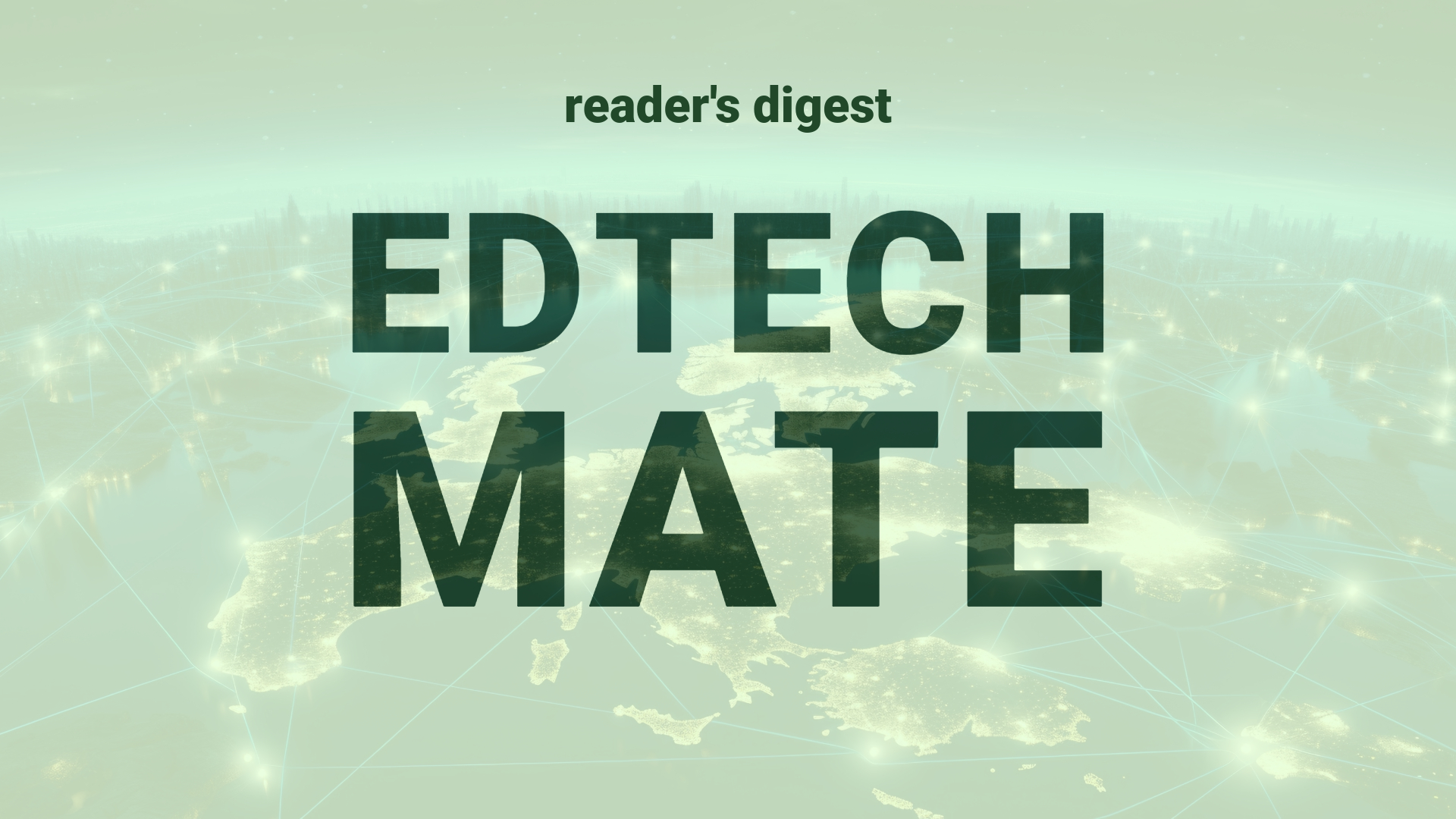Executive Summary and Main Points
The landscape of global higher education is being significantly altered by the adoption of artificial intelligence (AI), according to a recent EY report. With the rise of AI, there is a noticeable shift in skill requirements that is leading to concurrent trends of layoffs and hiring. Technology companies are facing challenges balancing the influx of innovative AI applications with the necessity for strategic realignment of their workforces. Notably, 61% of technology leaders in the EY poll expressed difficulty in sourcing top talent with the desired expertise in emerging technology fields like cybersecurity, data science, and AI engineering. Despite concerns over regulation and the potential negative implications of AI, such as bias and privacy issues, investments in AI remain robust with 82% of tech leaders intending to increase their AI budgets, particularly in roles critical to managing and integrating AI systems.
Potential Impact in the Education Sector
In the realm of Further Education and Higher Education, the evolving landscape suggests a need for curriculum revisions to better prepare students for the AI-driven job market. Institutions may prioritize embedding AI competency into the fabric of their degree programs and encouraging the development of industry-relevant skills. Micro-credentials will become increasingly significant as they offer targeted upskilling opportunities aligned with the demands for specialized knowledge in AI applications. Moreover, the emphasis on strategic partnerships between education providers and technology companies will be paramount to ensure that educational offerings are up to date with the latest industry practices and technological advancements.
Potential Applicability in the Education Sector
The adoption of AI tools presents multiple paths for innovation within the education sector globally. AI can be utilized for personalized learning experiences, predictive analytics for student performance, and enhancing research capabilities through data analysis and automation. Furthermore, AI can play a role in streamlining administrative processes, aiding in educational content creation, and facilitating real-time language translation to support international students. The integration of AI in the education sector could foster cross-border educational initiatives and promote inclusivity by addressing diverse learning needs and overcoming language barriers.
Criticism and Potential Shortfalls
While AI offers transformative potential for the education sector, there are caveats that warrant attention. The risk of perpetuating biases within AI algorithms poses ethical concerns, and the privacy of students and educators must be safeguarded. AI’s impact on workforce dynamics could lead to educational inequalities if not carefully managed. International case studies demonstrate diverse responses to AI integration in education, highlighting the need for customized approaches that consider the unique cultural and ethical nuances of each educational system. A critical examination of AI’s implications is essential to ensure equitable and responsible use within the education sector.
Actionable Recommendations
To harness the benefits of AI in global higher education, proactive strategies should be enacted. Education leadership should invest in staff development programs focused on AI competencies and digital transformation. Institutions are encouraged to collaborate with technology firms to ensure curricula are industry-relevant and conducive to the creation of a tech-savvy workforce. The introduction of micro-credential courses in AI and related fields can bridge the skills gap and offer continual professional development. Finally, an emphasis should be placed on developing ethical AI frameworks within higher education to address potential biases and protect data privacy.
Source article: https://www.cio.com/article/2096646/ai-is-set-to-transform-hiring-requirements-report.html

